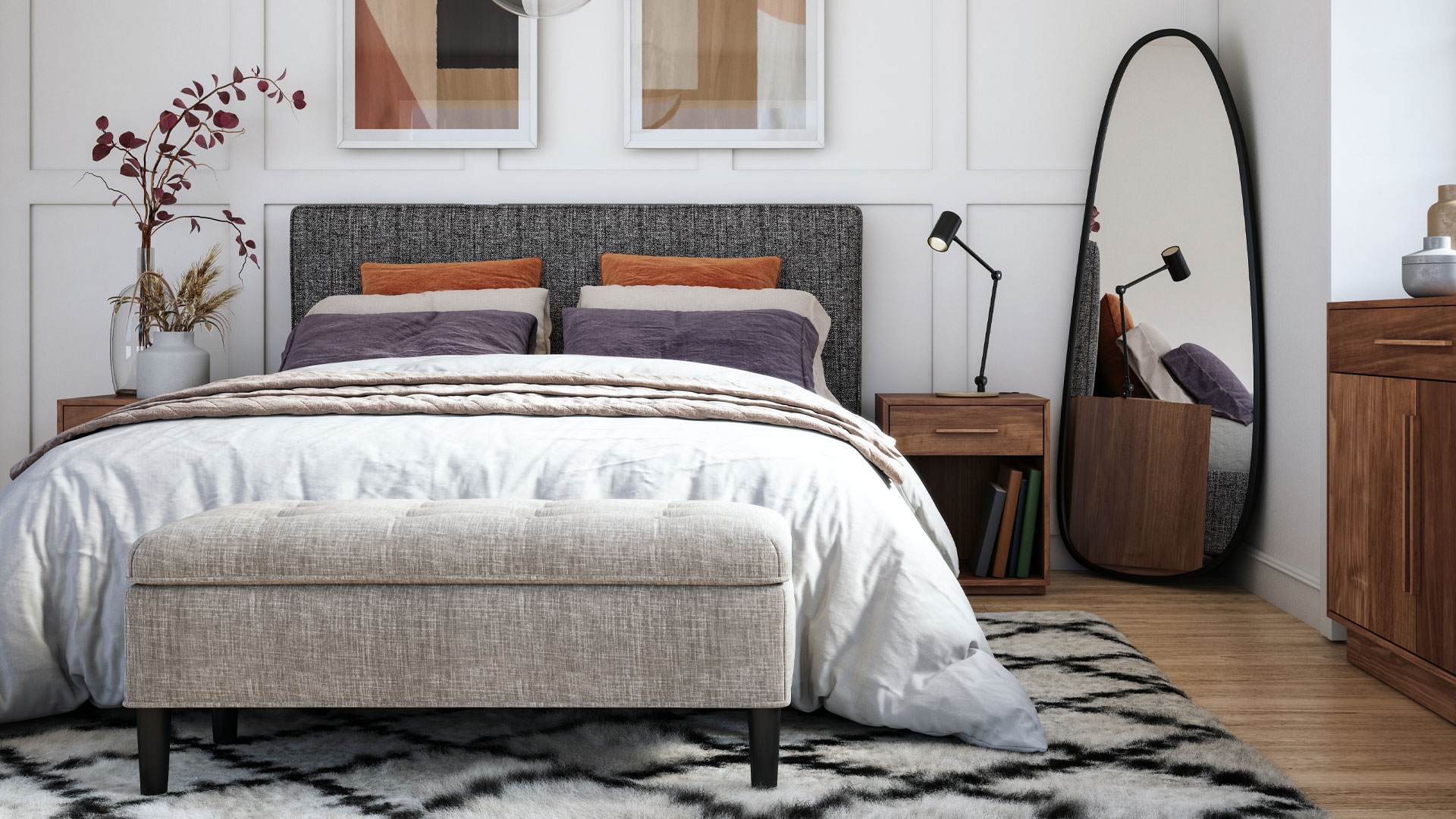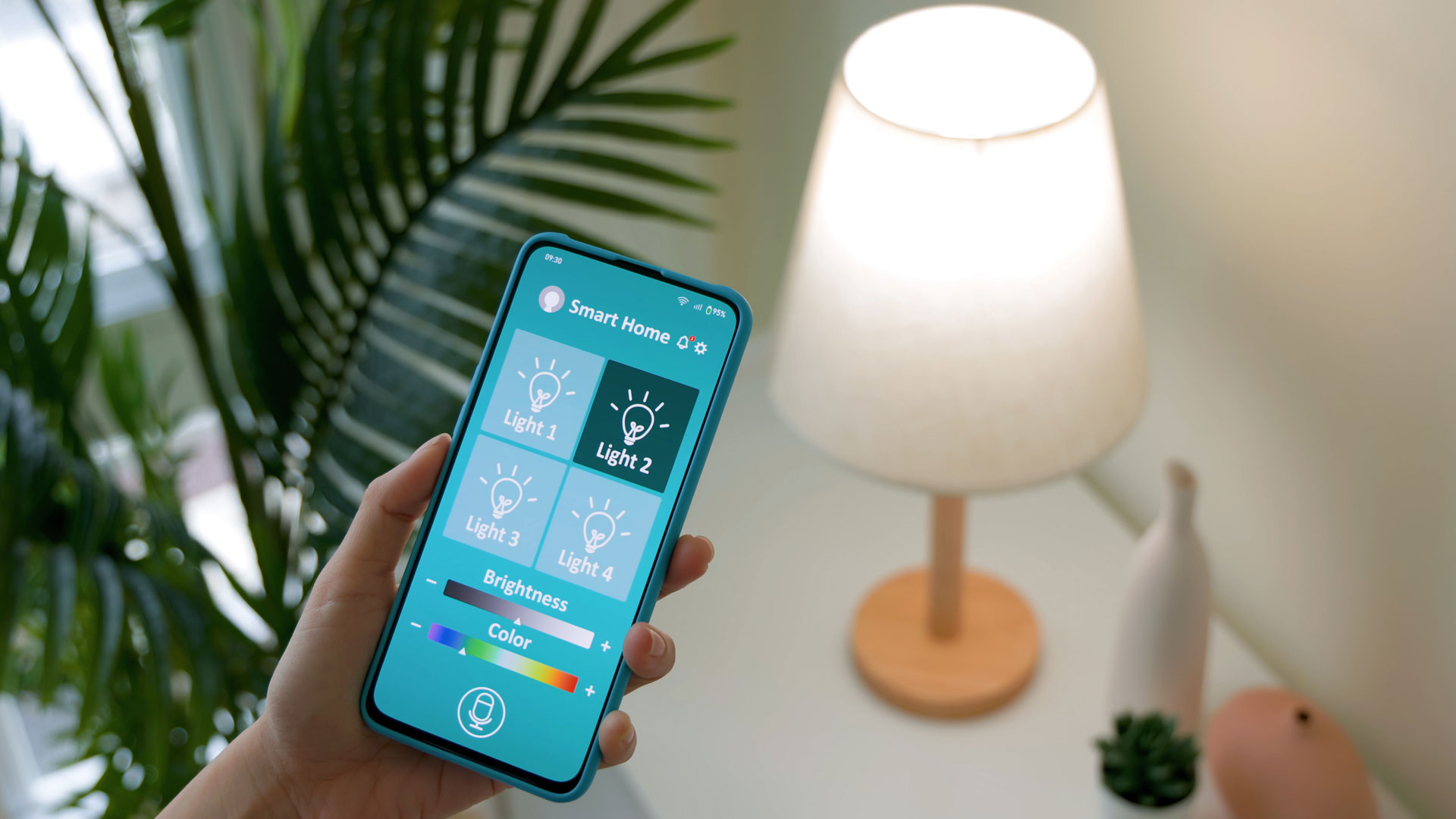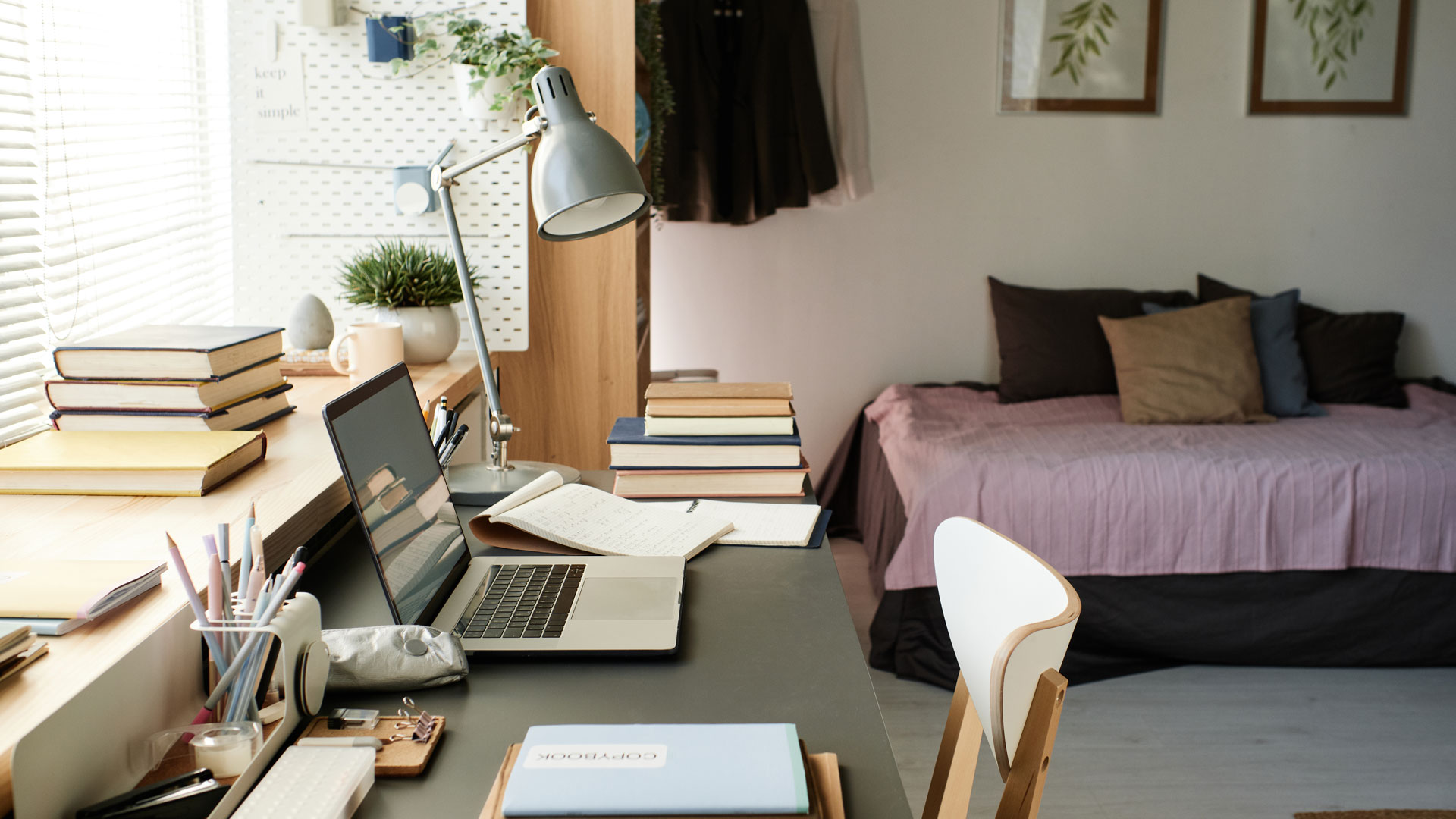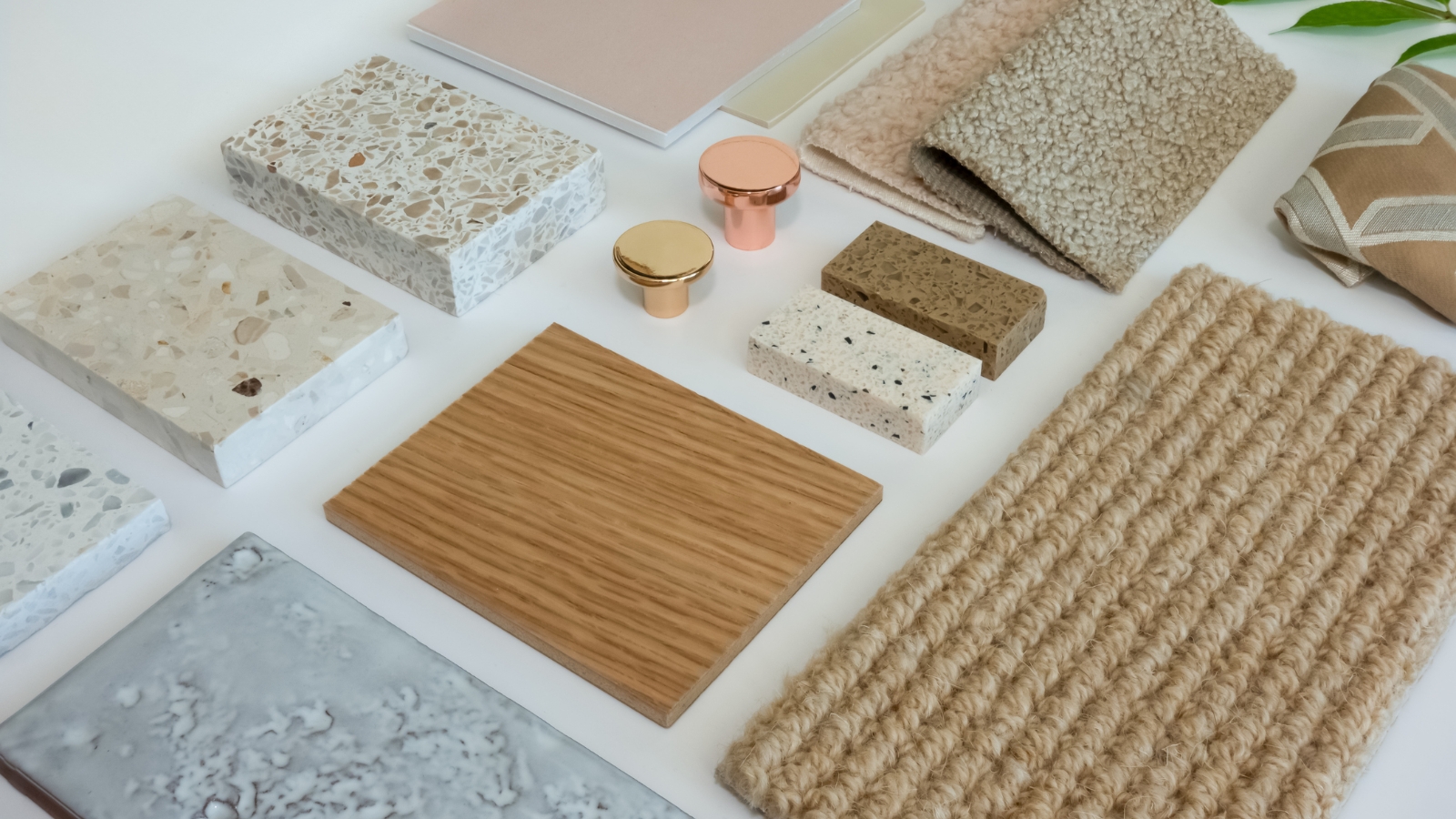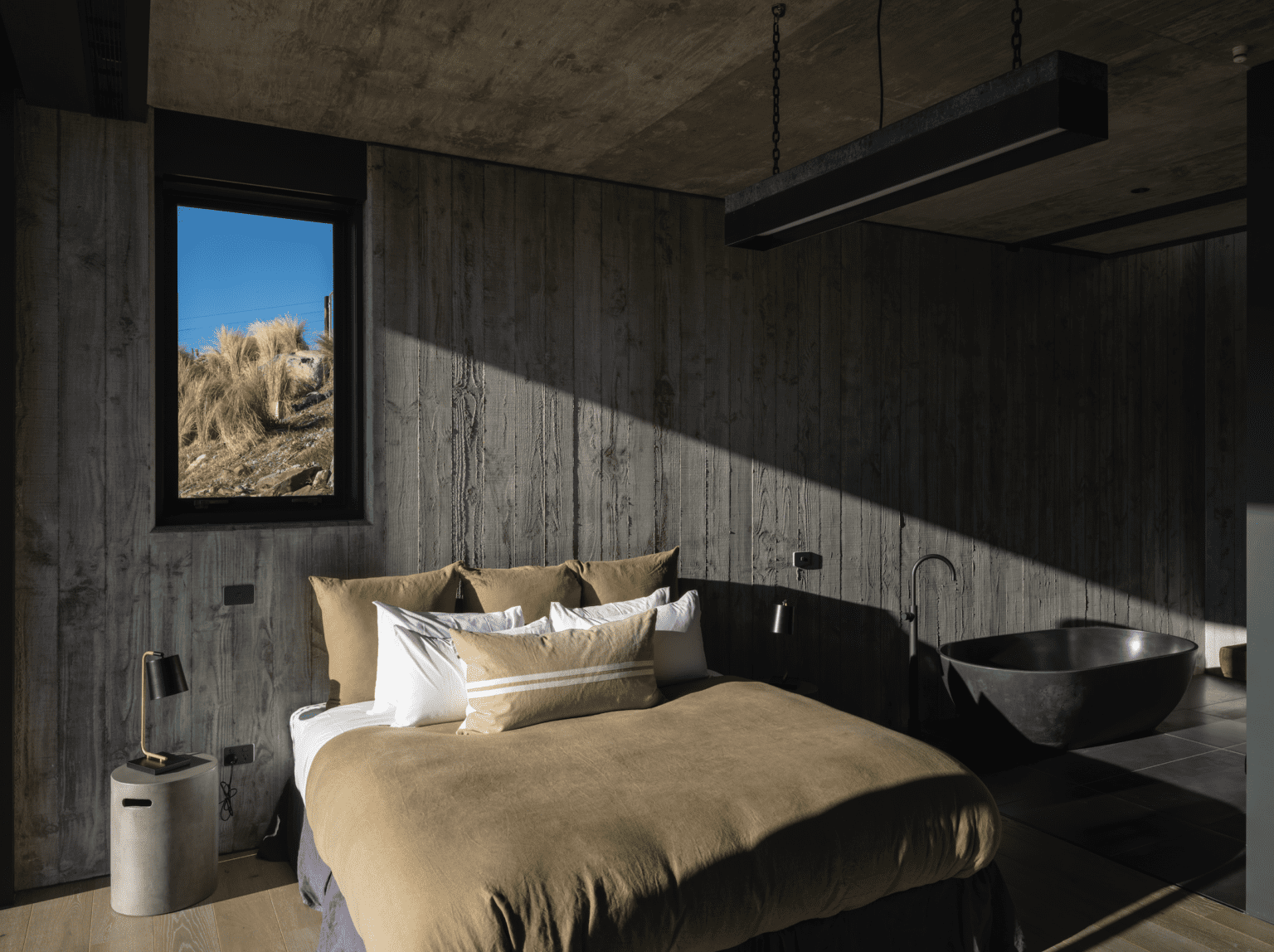Selling guide
5 predicted NZ bedroom trends for 2025
Here’s how to style and equip your bedroom for 2025.
.png)
When preparing to sell your home, whether you're making lasting improvements or simply staging for an open house, your bedroom should be a key focus.
The bedroom is one of the most valuable spaces in a home, and it plays a significant role in attracting potential buyers. This has long been the case – after all, your bedroom isn’t just where you sleep, it should also be a sanctuary for relaxation, a space for unwinding, and a place where you can recharge after a busy day.
So, when selling a home in Aotearoa, you want buyers to envision themselves enjoying your bedroom as their own peaceful haven. If you're unsure how to style your bedroom for the broadest appeal, a great place to start is by looking into the latest trends in bedroom design. Here, we'll take a look at the anticipated design trends for Kiwi bedrooms in 2025.
1. Eco awareness
As you might have seen in our articles on the expected design and aesthetic trends for 2025, eco-friendliness is going to continue as an important consideration throughout our homes.
In bedrooms, the emphasis is likely to be on materials that are natural, recyclable, and ethically sourced. Start by selecting furniture made from sustainable materials such as reclaimed wood, bamboo, or FSC-certified timber. These options ensure that the materials used are responsibly sourced, reducing the environmental impact. Opt for pieces that are built to last, investing in quality over quantity to avoid frequent replacements.
When it comes to layout, prioritise natural light and airflow by positioning furniture in a way that takes advantage of windows, reducing the need for artificial lighting and ventilation.
In addition to natural light, the remaining lighting could be made up of:
- LED Bulbs: LED lights are one of the most energy-efficient options available. They use significantly less energy than traditional incandescent bulbs and have a longer lifespan, reducing waste and the need for frequent replacements.
- Smart lighting: Smart bulbs or lighting systems can be controlled remotely, allowing you to adjust brightness and turn off lights when they’re not needed. Some systems also come with motion sensors to ensure lights are only on when a room is occupied.
- Dimmer switches: Installing dimmer switches allows you to adjust the intensity of your lighting based on the time of day or your needs, reducing energy use.
Bedrooms are becoming smarter and smarter.
2. Smart tech
Smart tech is here to stay, and there are plenty of opportunities to deploy it in bedrooms.
In addition to the smart lighting that we’ve mentioned already, some of the smart tech that you could incorporate into your bedroom to bring it roaring up to date include:
- Smart thermostats allow you to control the temperature of your room from anywhere. Many models learn your habits and adjust the temperature automatically to ensure comfort and efficiency, reducing heating and cooling costs.
- Smart curtains or blinds can be programmed to open and close based on the time of day or controlled remotely, helping to regulate natural light and privacy. These tech innovations contribute to both convenience and sustainability, making your bedroom a modern, energy-efficient retreat.
- Smart speakers are perfect for controlling other devices, playing music, setting alarms, or even checking the weather with simple voice commands. Integrating these with other smart devices in the room creates a seamless, connected experience.
3. Bold aesthetics
Minimalism is going to be…well, minimised in 2025, making way for bolder approaches to aesthetics, and colours in particular.
Start with smaller accents like a colourful cushion, a rug, or a framed print, and as your confidence grows, you can incorporate even more daring hues. Abstract designs are another fantastic way to inject lively colours into a bedroom. Their dynamic nature can bring a fresh, modern energy to the space. Even if you’re limited in what you can change, small abstract touches can gradually shift the room's overall feel towards something more vibrant and unique.
4. Space saving
Making the most of the available real estate is going to be a major trend in Kiwi bedrooms in 2025. As well as thinking about the overall layout of your bedroom, consider individual items and the role they play. For example, a great way to save space is by replacing traditional table lamps or wall sconces with pendant lights above the nightstand. This allows you to introduce a stylish element while maintaining functionality. By opting for pendant lights, you free up valuable surface area on your nightstand, creating more room for essentials like water, books, or your iPad. This simple change can add both character and practicality to the space while making the most of the available room.
Bedrooms can be a place to include much-desired office spaces, if you don't have a designated room.
5. Consider providing office space
With many people still working from home part-time, there’s a growing demand for office spaces in Kiwi properties. If your home doesn’t have a dedicated office space, bedrooms can often be versatile spaces that do double duty.
To meet this need, the goal is to create spaces that are both functional and aesthetically pleasing. There’s no need to fill the room with office furniture that feels out of place in a bedroom. Instead, integrating a desk that doubles as a nightstand or transforming a quiet corner into a subtle office nook can seamlessly combine work and relaxation.
Additionally, many people are seeking bedrooms that offer the luxury of having convenient amenities at their fingertips. Features like office setups, coffee or mini bars, and access to private outdoor spaces are becoming increasingly popular in bedroom designs, adding both comfort and practicality to this multi-use space.
Author
Other articles you might like
